Unique photos of Russian beauties in folk costumes of pre-revolutionary Russia
Natalia Shabelskaya's collection of old Russian dresses of pre-revolutionary Russia, from where these photos are taken, is considered one of the largest and most valuable among its kind. It is also unique that it was photographs of costumes that were taken, and not illustrations or sketches by artists.
In 1862 Natalia Kroneberg married Peter Shabelsky. Having given birth to three daughters, Natalia Leonidovna first set up a workshop on her estate, where 14 embroiderers worked. After moving to Moscow, I became completely interested in collecting. Traveling a lot in Russia, Shabelskaya brought unique wardrobe items, systematically recorded the origin of things in provinces (sometimes in counties). By 1904, the collection already consisted of more than 20,000 items.
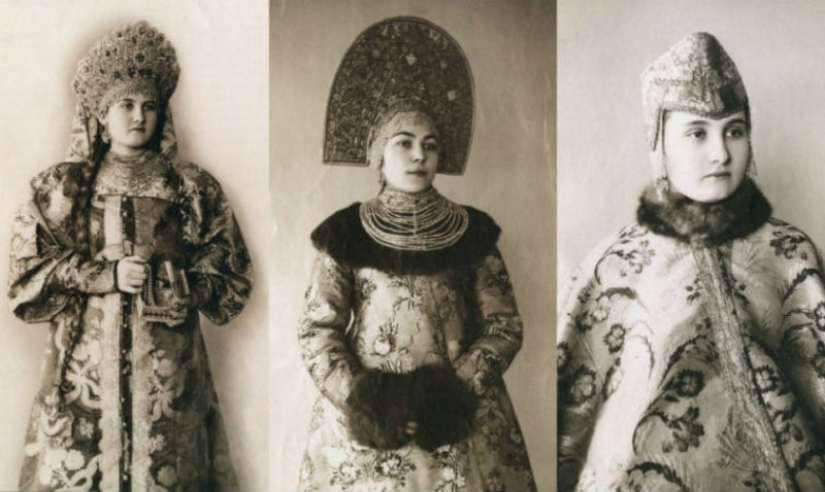 Source: design you trust
Source: design you trust
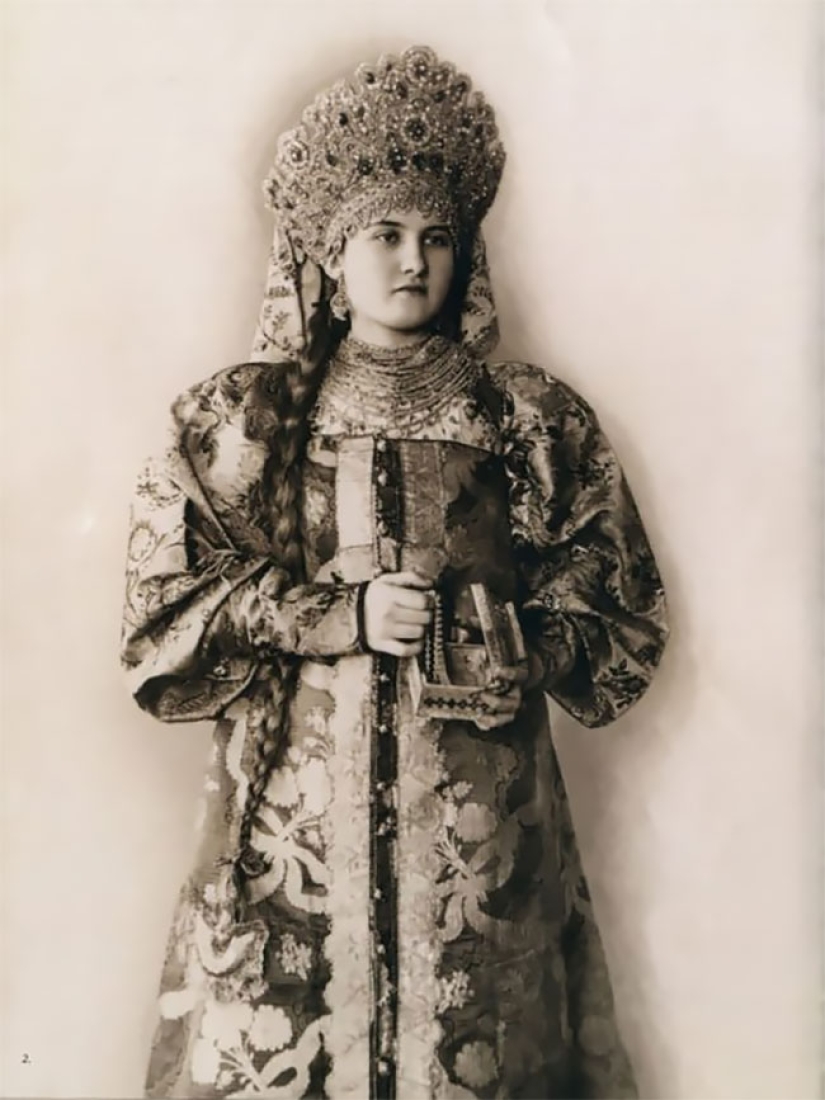 In the early 1890s, in her Moscow mansion on the corner of Sadovaya and Bronnaya Streets, Shabelskaya created a "Museum of Antiquity". His collection included old Russian costumes (peasant, merchant, city, Old Believer) of all provinces of Russia, hats, wool and silk shawls, samples of ancient embroidery, lace, fabrics, spinning wheels, gingerbread boards, toys, archaeological objects.
In the early 1890s, in her Moscow mansion on the corner of Sadovaya and Bronnaya Streets, Shabelskaya created a "Museum of Antiquity". His collection included old Russian costumes (peasant, merchant, city, Old Believer) of all provinces of Russia, hats, wool and silk shawls, samples of ancient embroidery, lace, fabrics, spinning wheels, gingerbread boards, toys, archaeological objects.
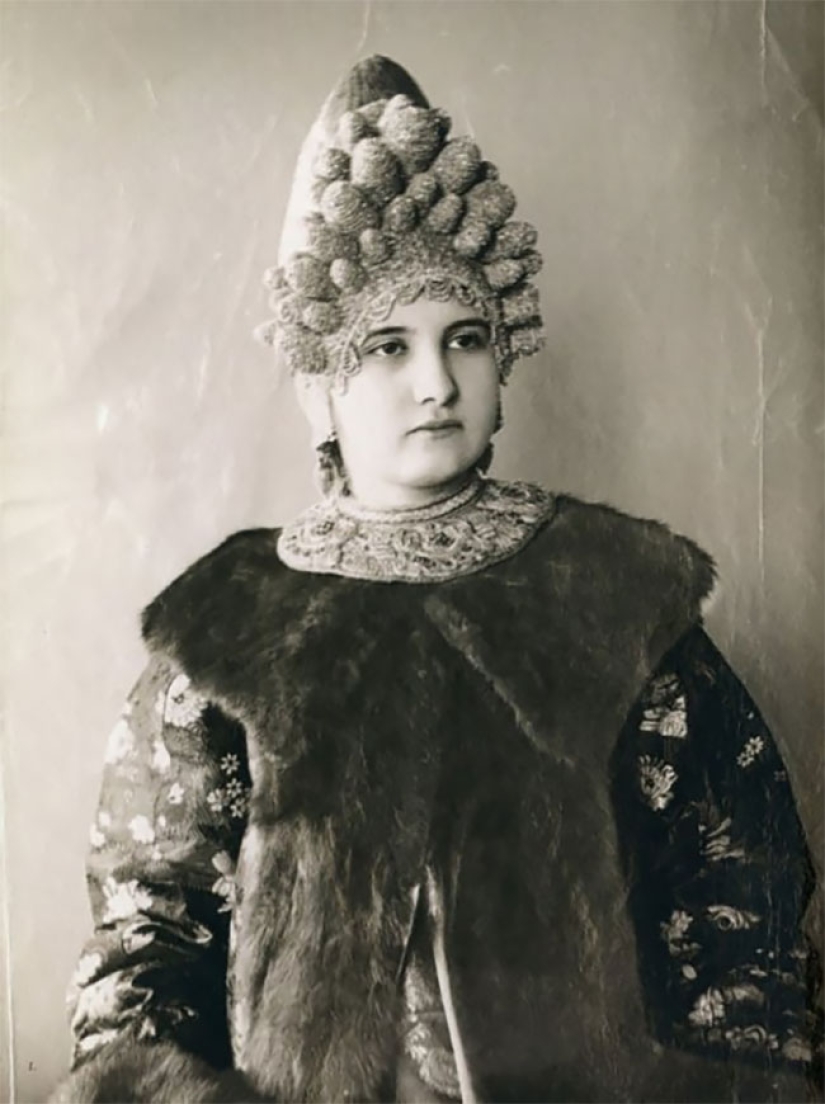
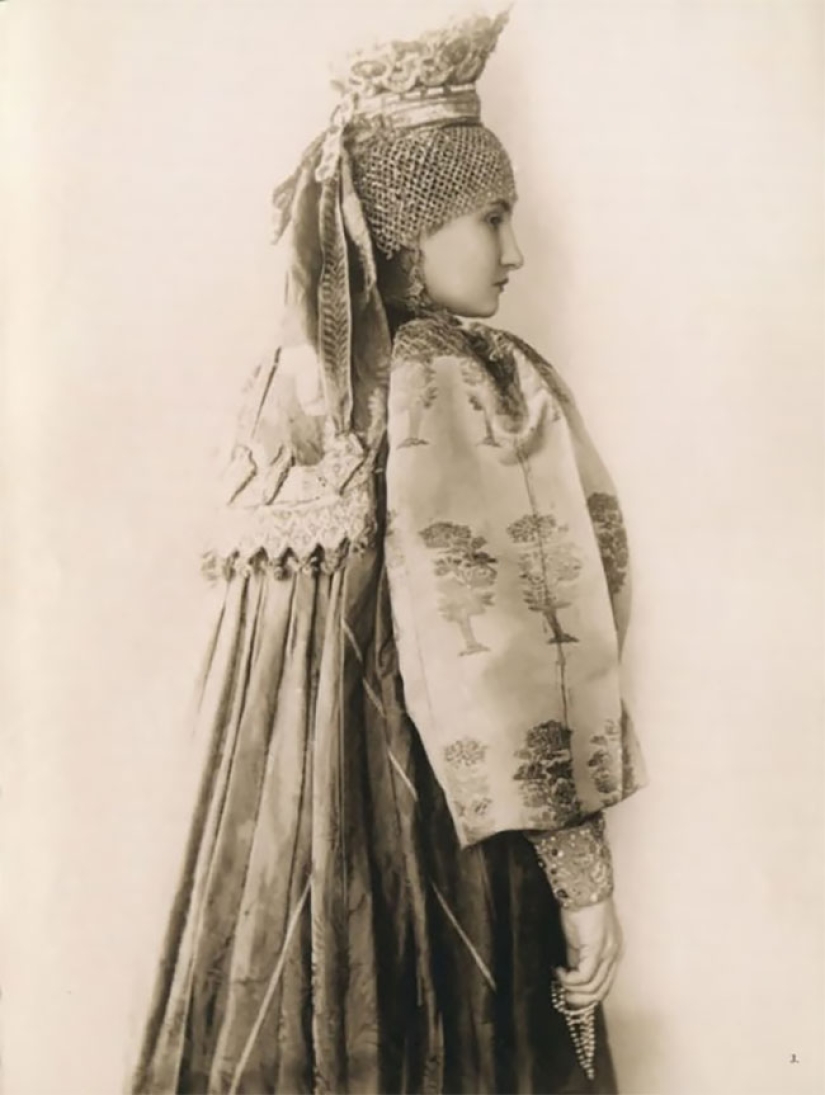 In 1904 Natalia Shabelskaya died. The famous music and art critic Vladimir Stasov wrote in her obituary: "After a few years of studies, she became one of the greatest and most capital experts in this characteristic branch of ancient Russian creativity, and her house in Moscow became a real museum, unusually rich and diverse."
In 1904 Natalia Shabelskaya died. The famous music and art critic Vladimir Stasov wrote in her obituary: "After a few years of studies, she became one of the greatest and most capital experts in this characteristic branch of ancient Russian creativity, and her house in Moscow became a real museum, unusually rich and diverse."
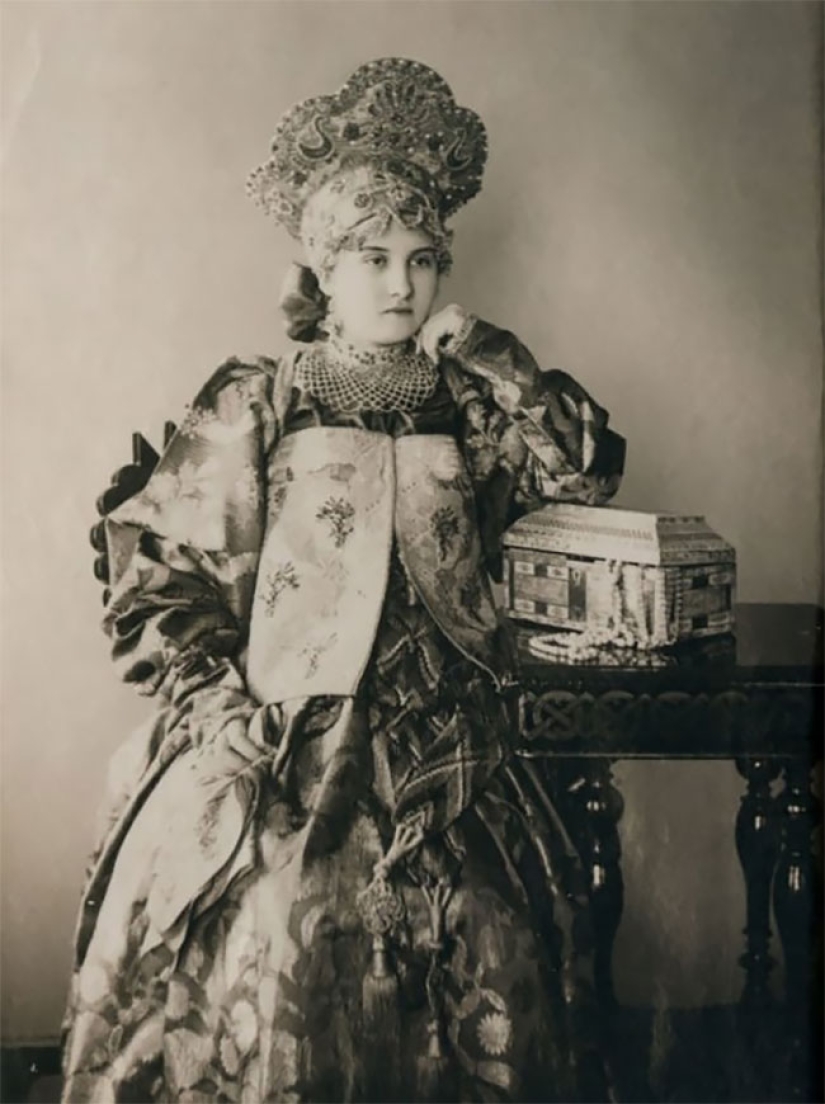 It is known that photography of the collection began at least from the mid-1890s. The photographs were first published in 1908 in Redin's essay on Stasov's letters to Natalia Shabelskaya. The models in many cases were the daughters of the collector, who continued the mother's work after her death. The sisters highlighted their images in the English edition of "Russian Antiquity" by placing colored photographs.
It is known that photography of the collection began at least from the mid-1890s. The photographs were first published in 1908 in Redin's essay on Stasov's letters to Natalia Shabelskaya. The models in many cases were the daughters of the collector, who continued the mother's work after her death. The sisters highlighted their images in the English edition of "Russian Antiquity" by placing colored photographs.
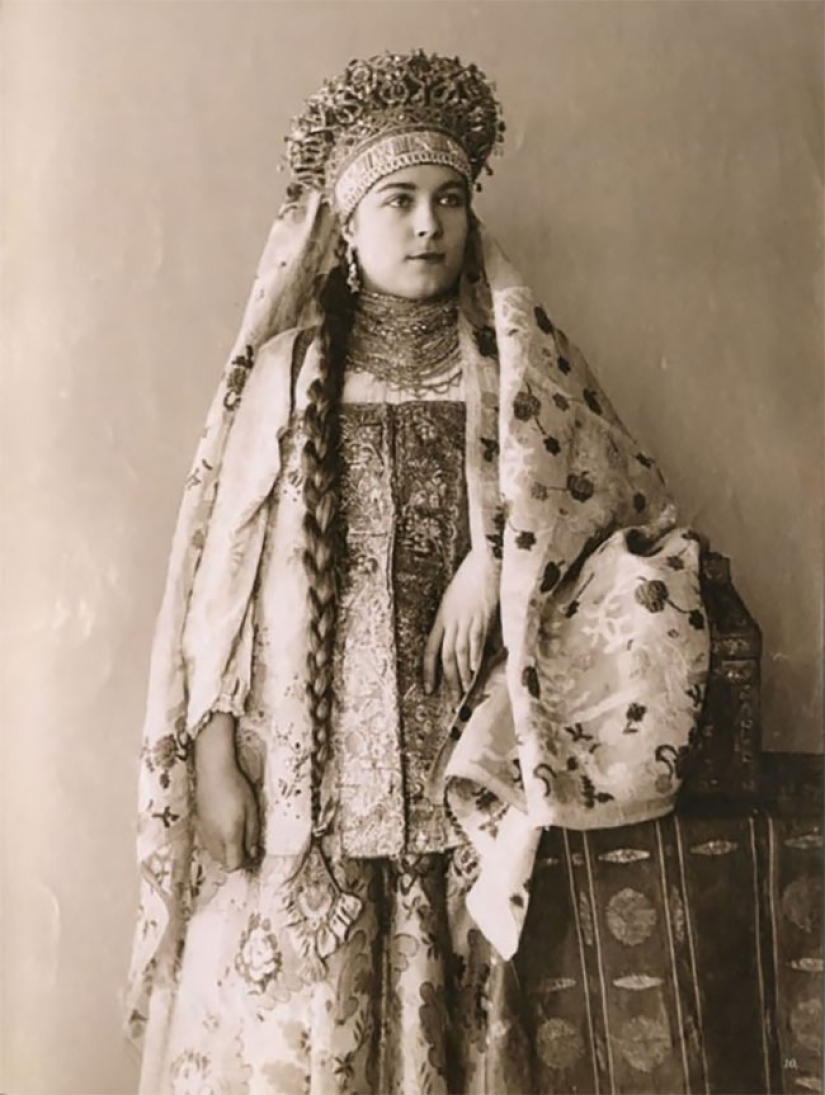 They took a small part of the photo collection with them to Paris in 1925. The remaining 85 issues entered the collection of the Dashkovsky Museum in Moscow in the first quarter of the XX century and are currently stored in the photo archive of the Russian Ethnographic Museum.
They took a small part of the photo collection with them to Paris in 1925. The remaining 85 issues entered the collection of the Dashkovsky Museum in Moscow in the first quarter of the XX century and are currently stored in the photo archive of the Russian Ethnographic Museum.
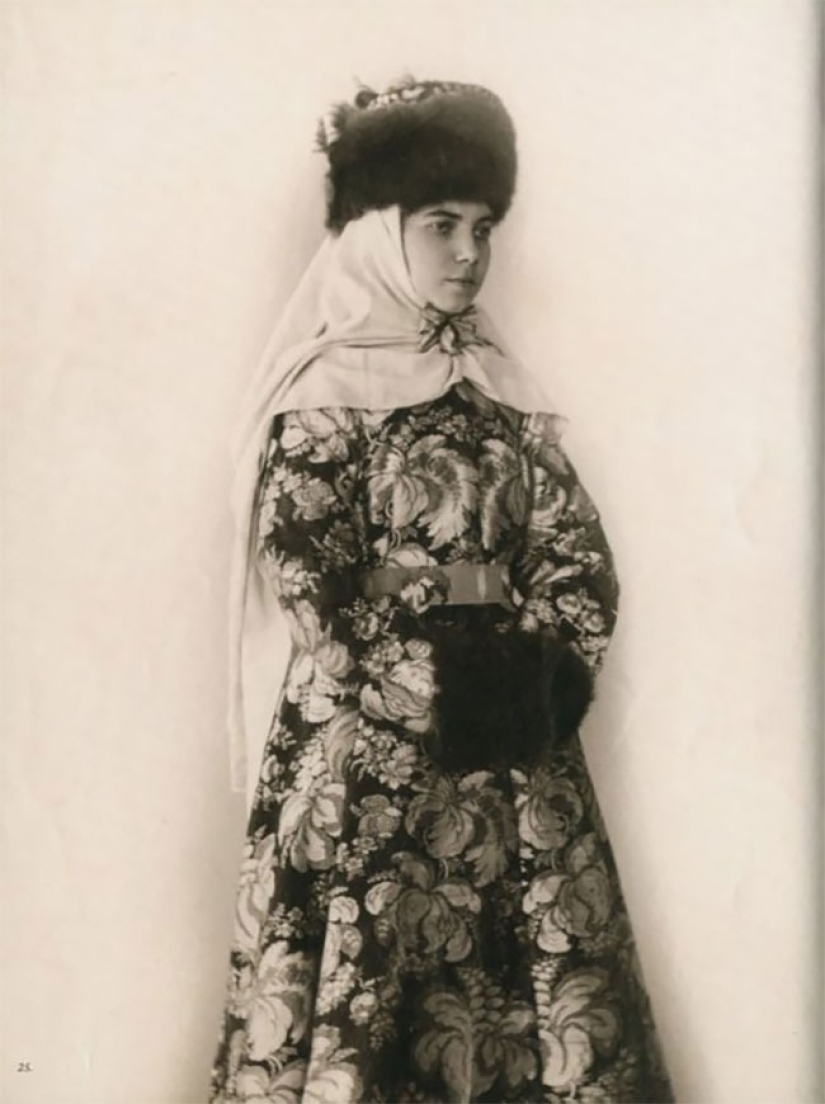 In 2009, the Russian Ethnographic Museum presented an exhibition of Russian folk costumes at the Yves Saint Laurent Center.
In 2009, the Russian Ethnographic Museum presented an exhibition of Russian folk costumes at the Yves Saint Laurent Center.
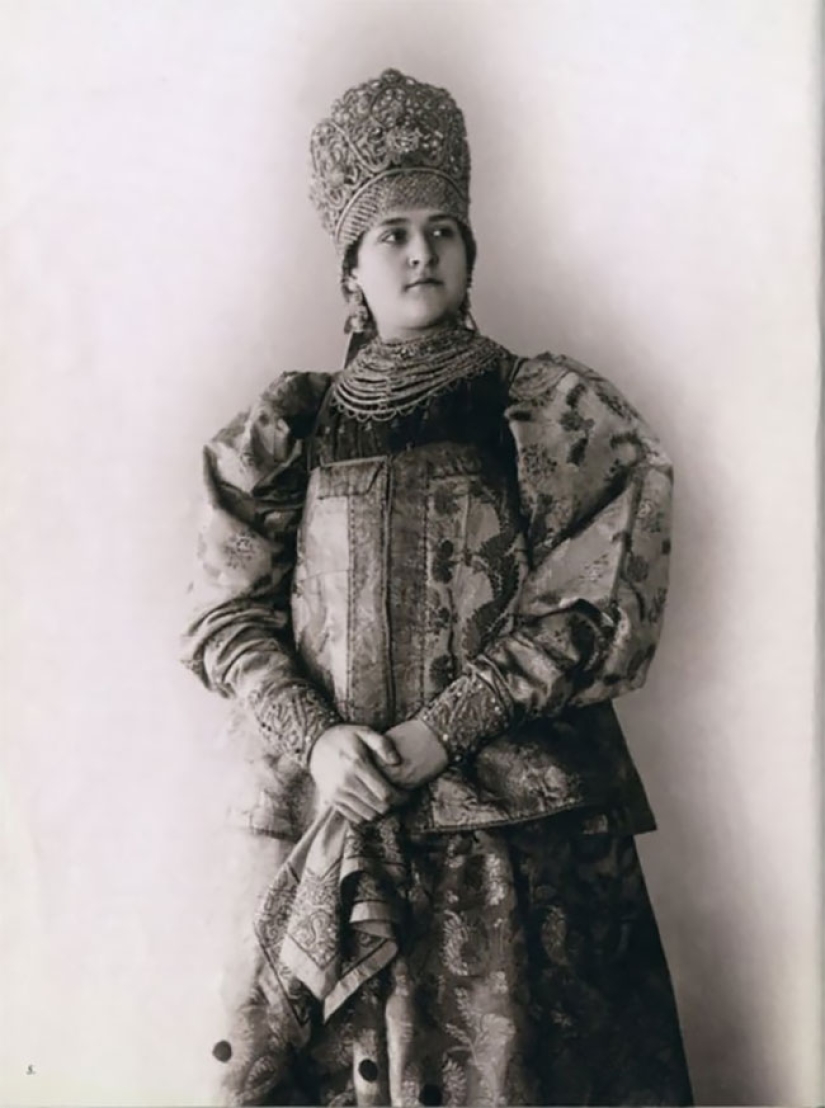 The Shabelsky Photo Collection is a unique source not only for studying the history of Russian costume: it is rare in its artistic and scientific significance. Created primarily for the purpose of fixing costumes from various provinces, it has become an absolutely independent phenomenon in the history of Russian photography.
The Shabelsky Photo Collection is a unique source not only for studying the history of Russian costume: it is rare in its artistic and scientific significance. Created primarily for the purpose of fixing costumes from various provinces, it has become an absolutely independent phenomenon in the history of Russian photography.
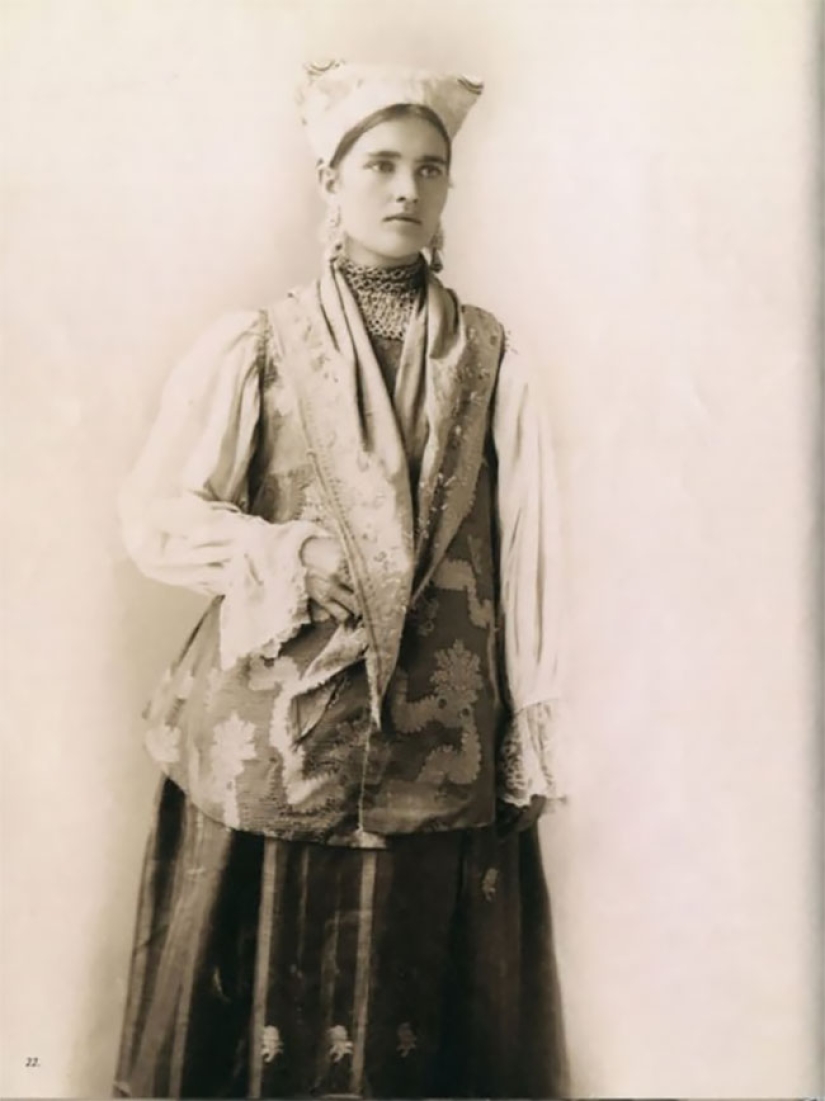
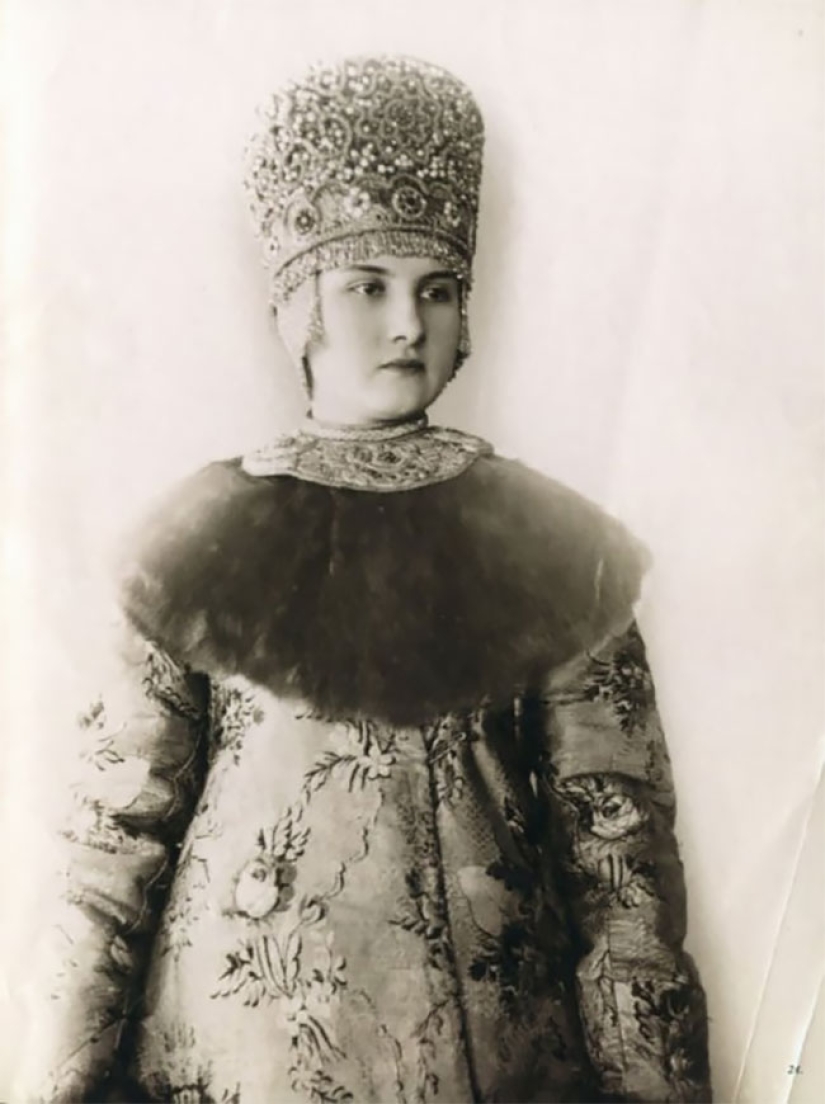
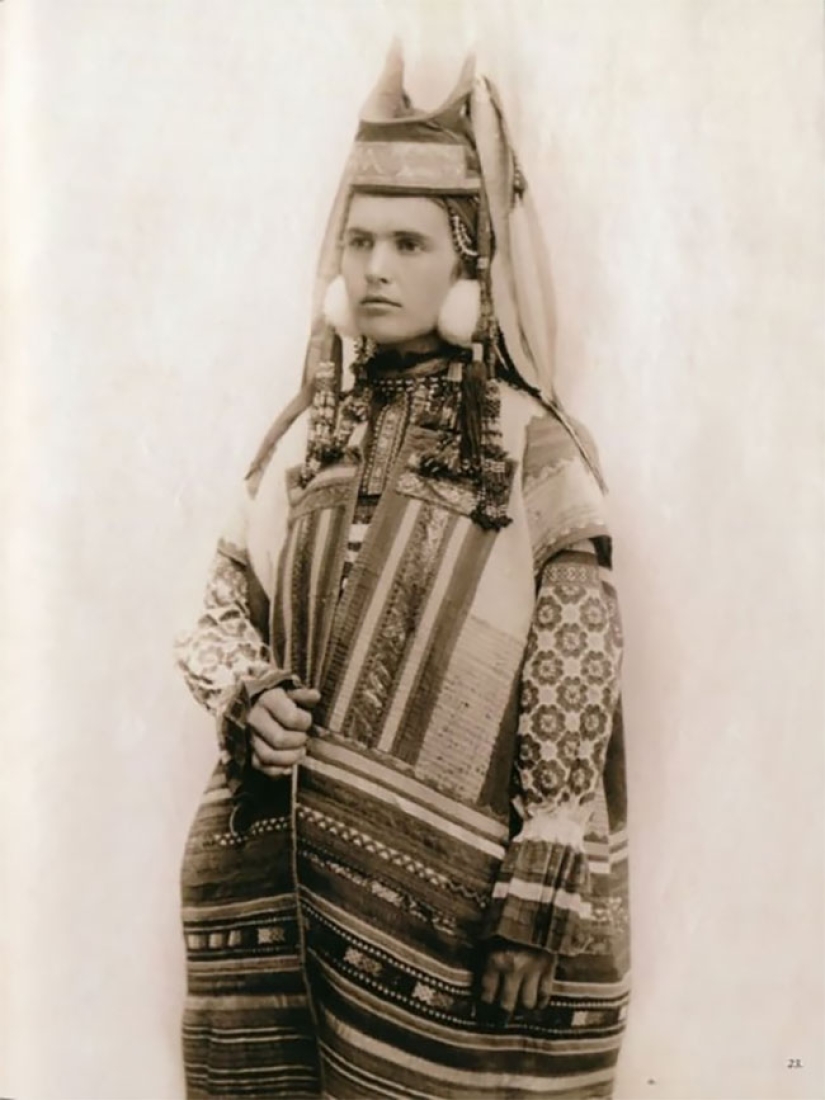
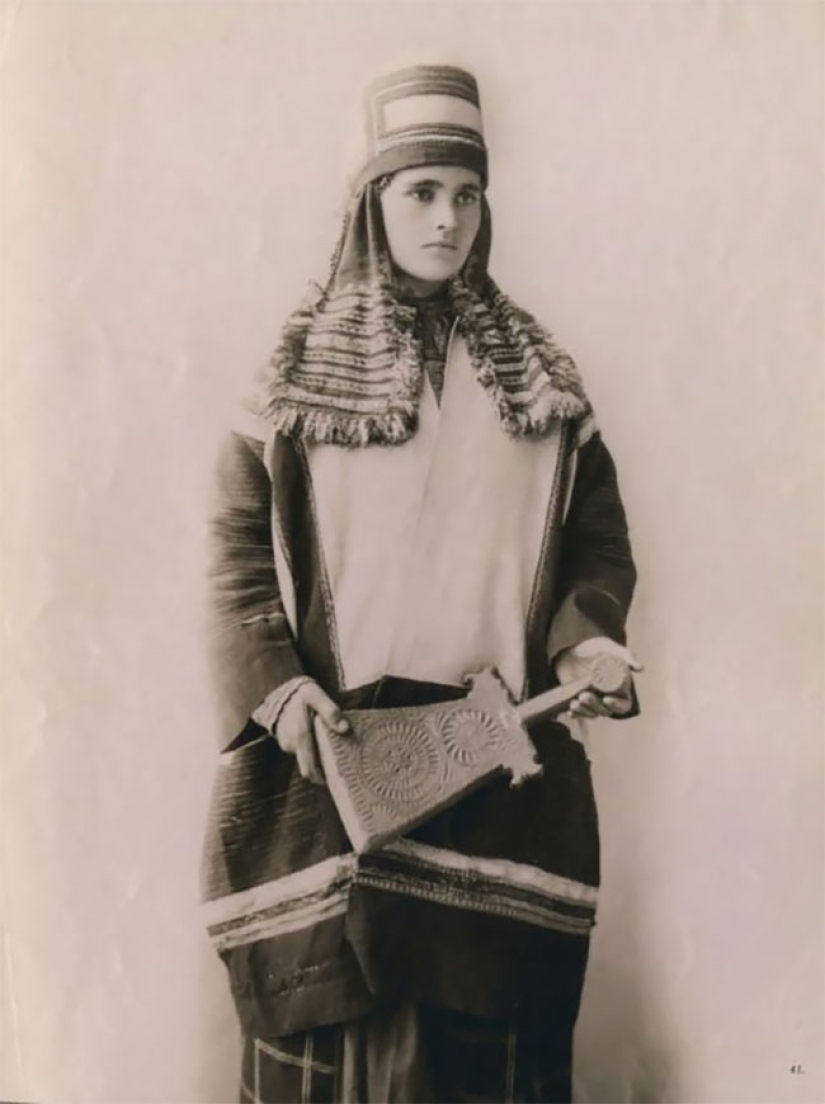
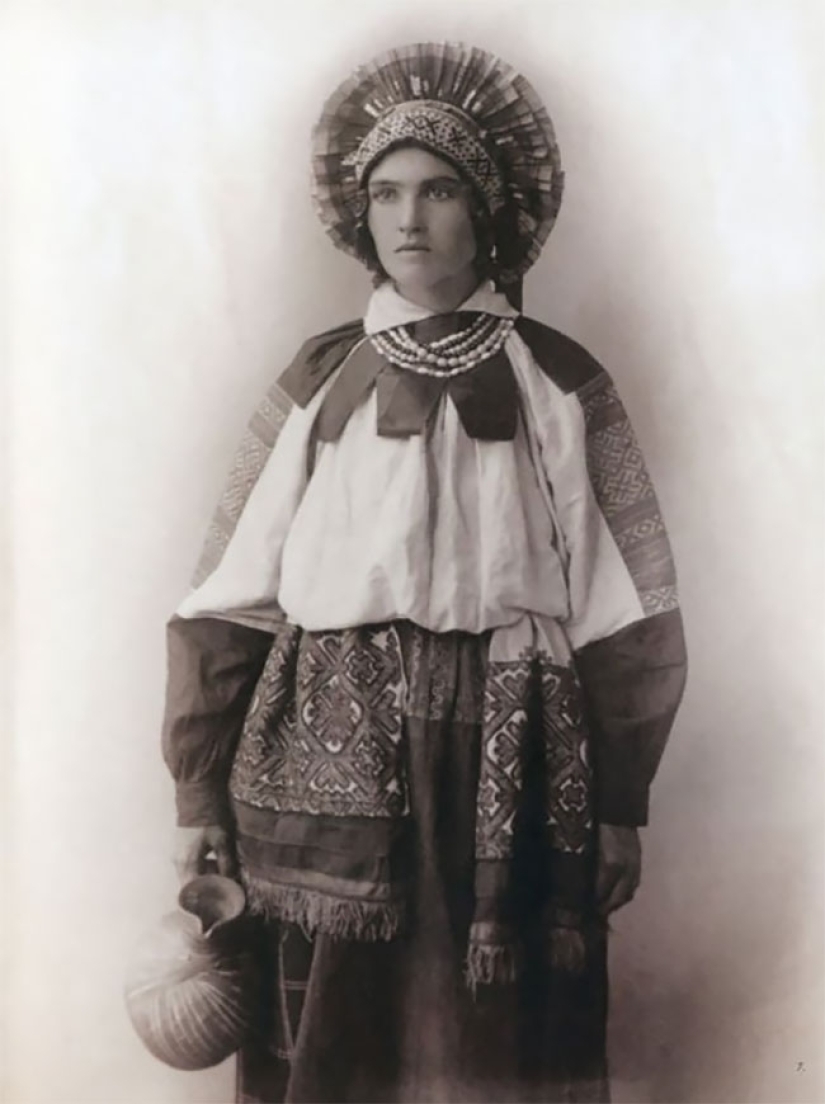
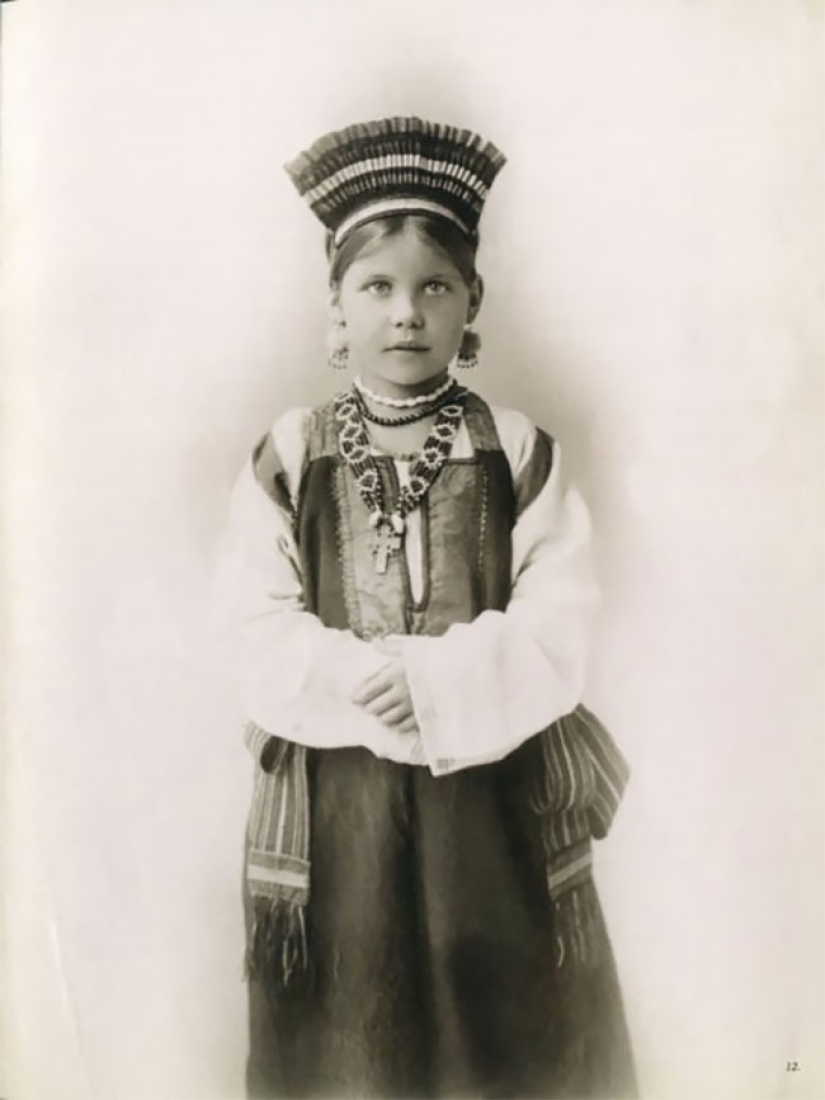
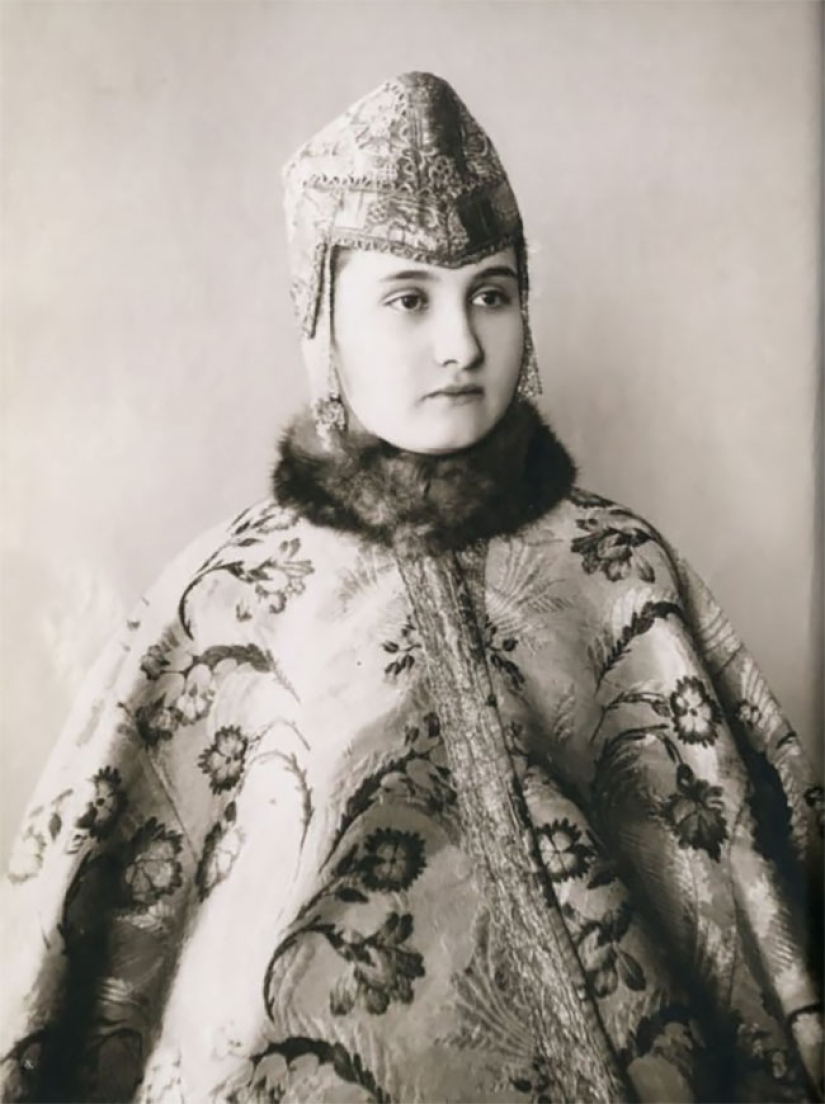
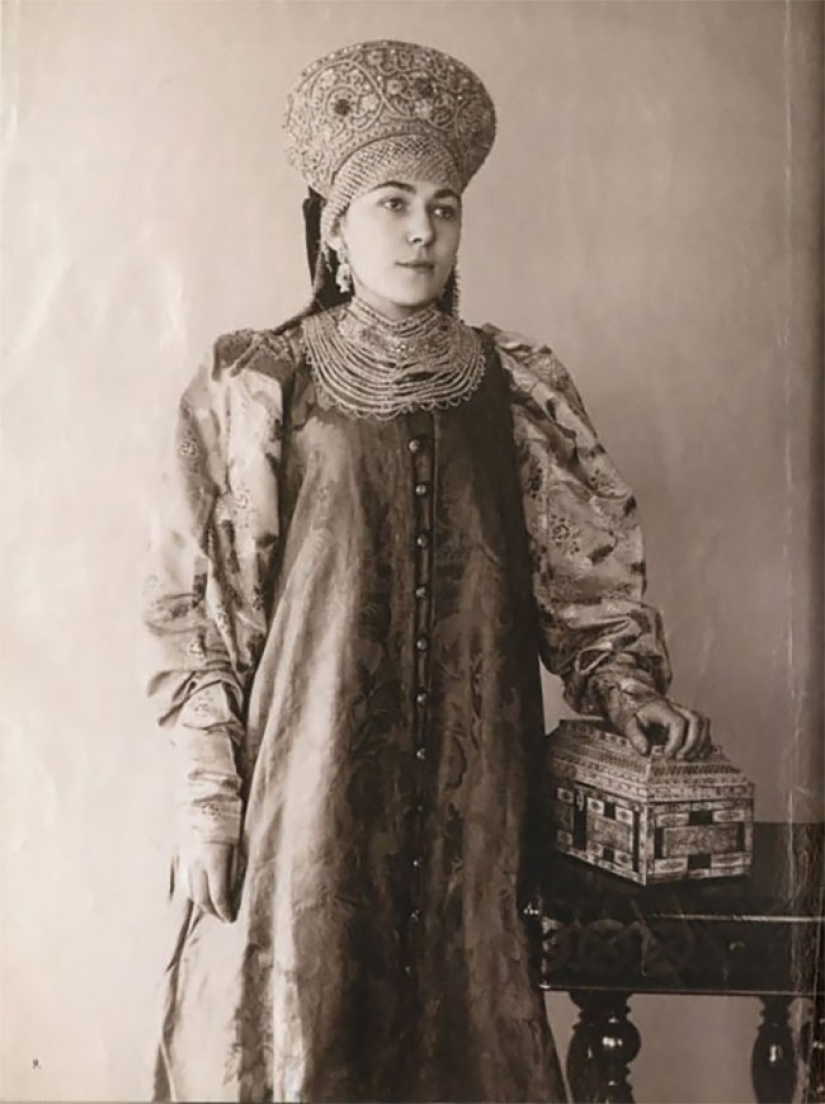
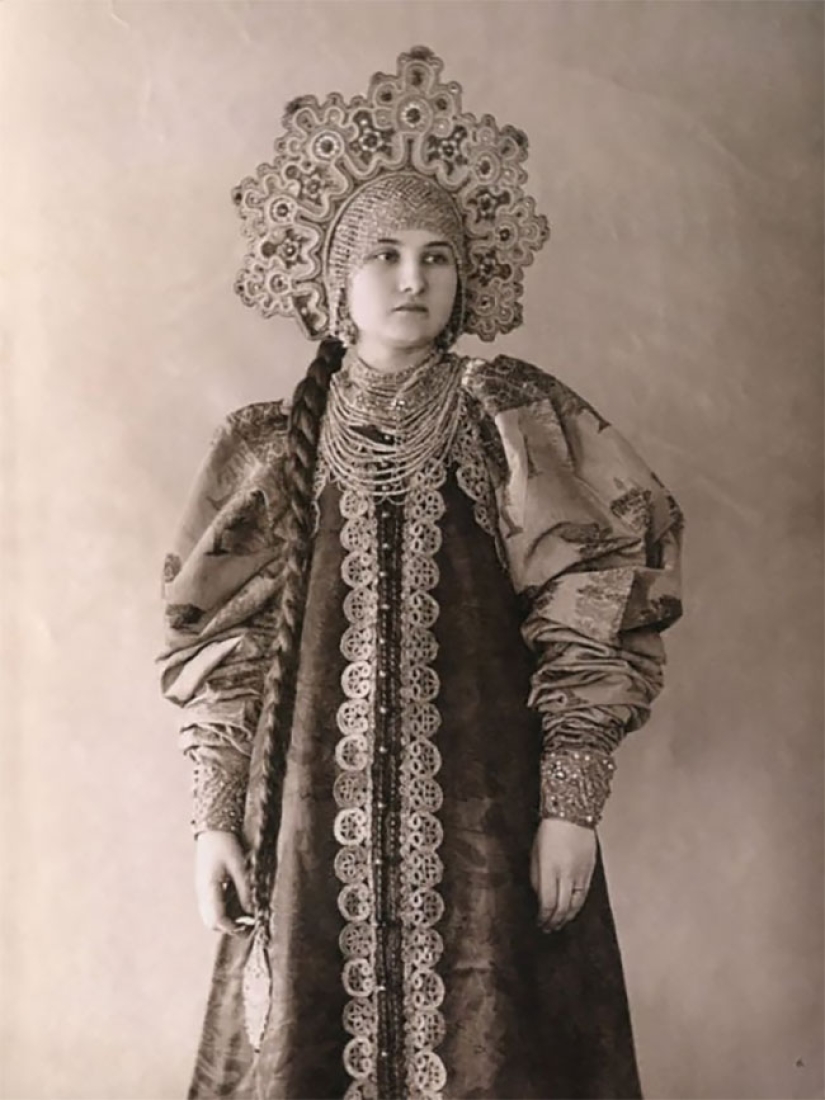
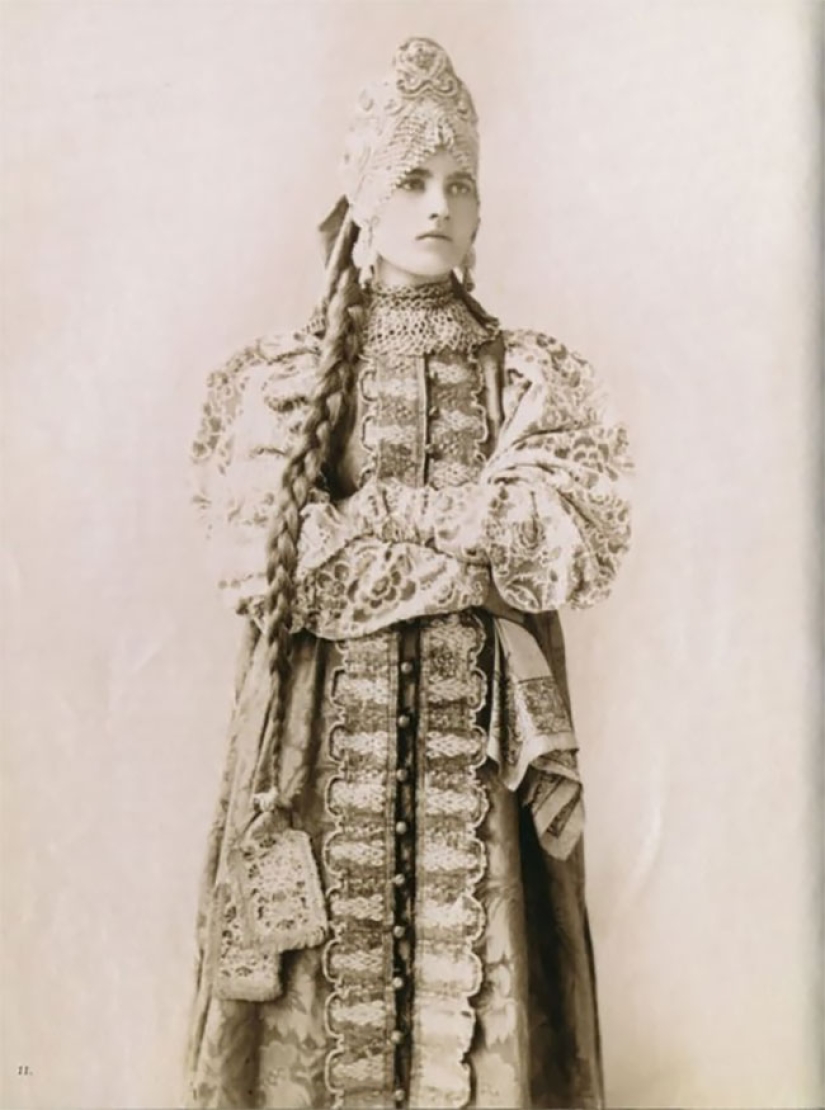
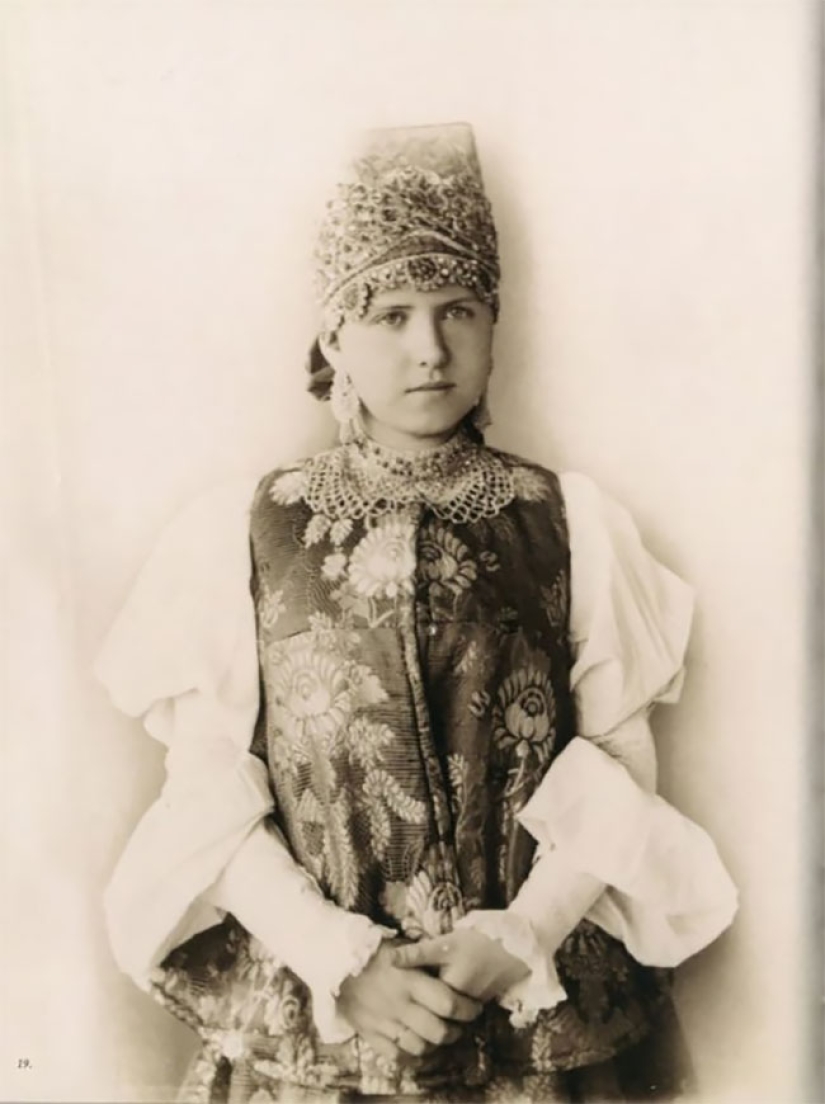
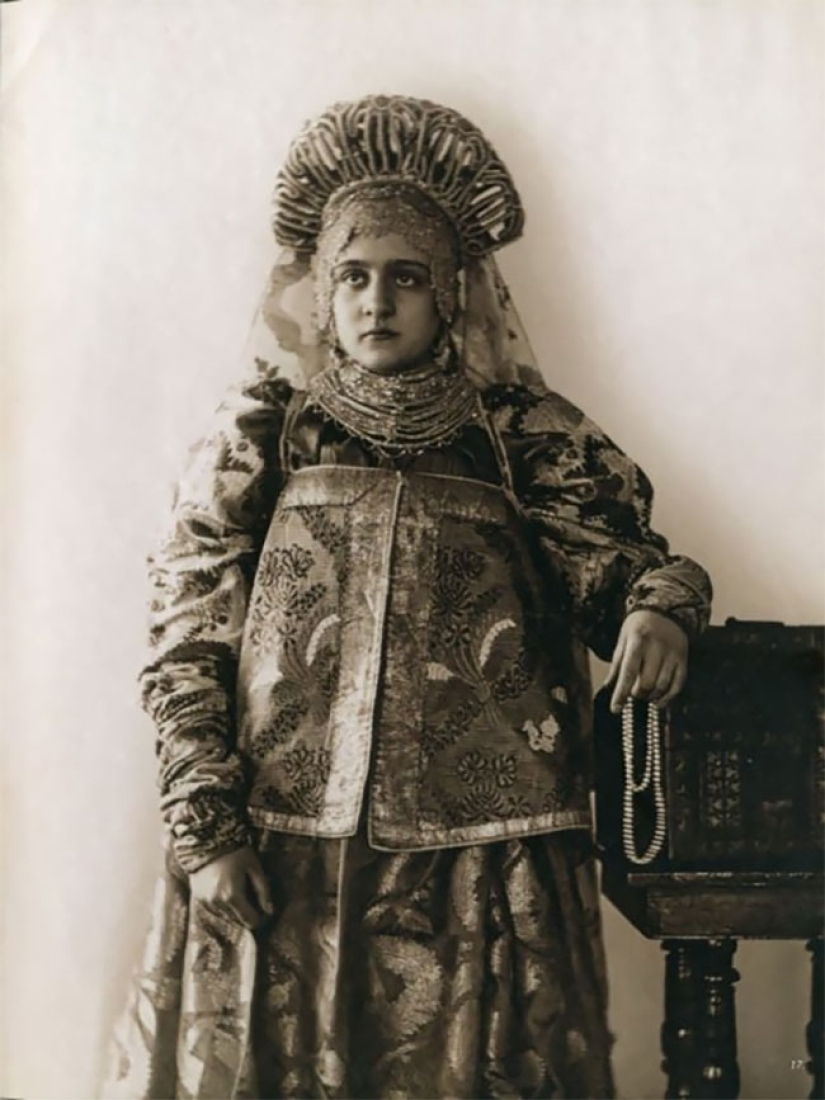
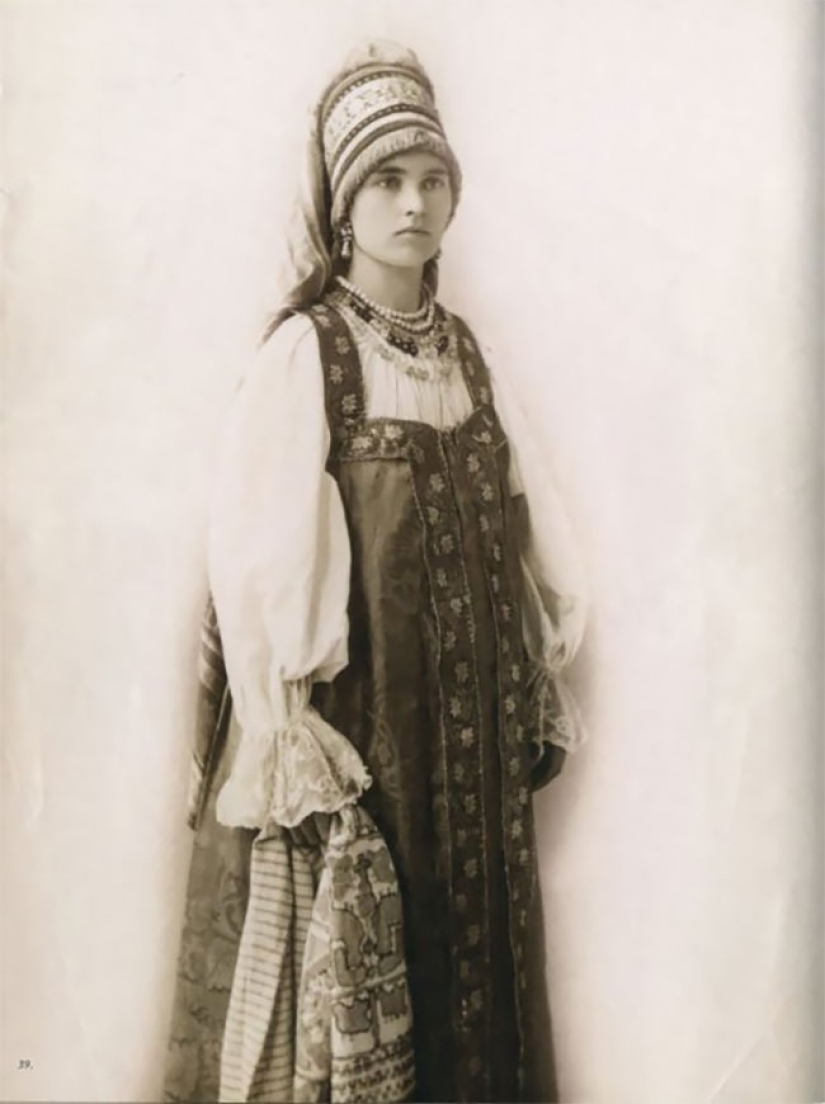
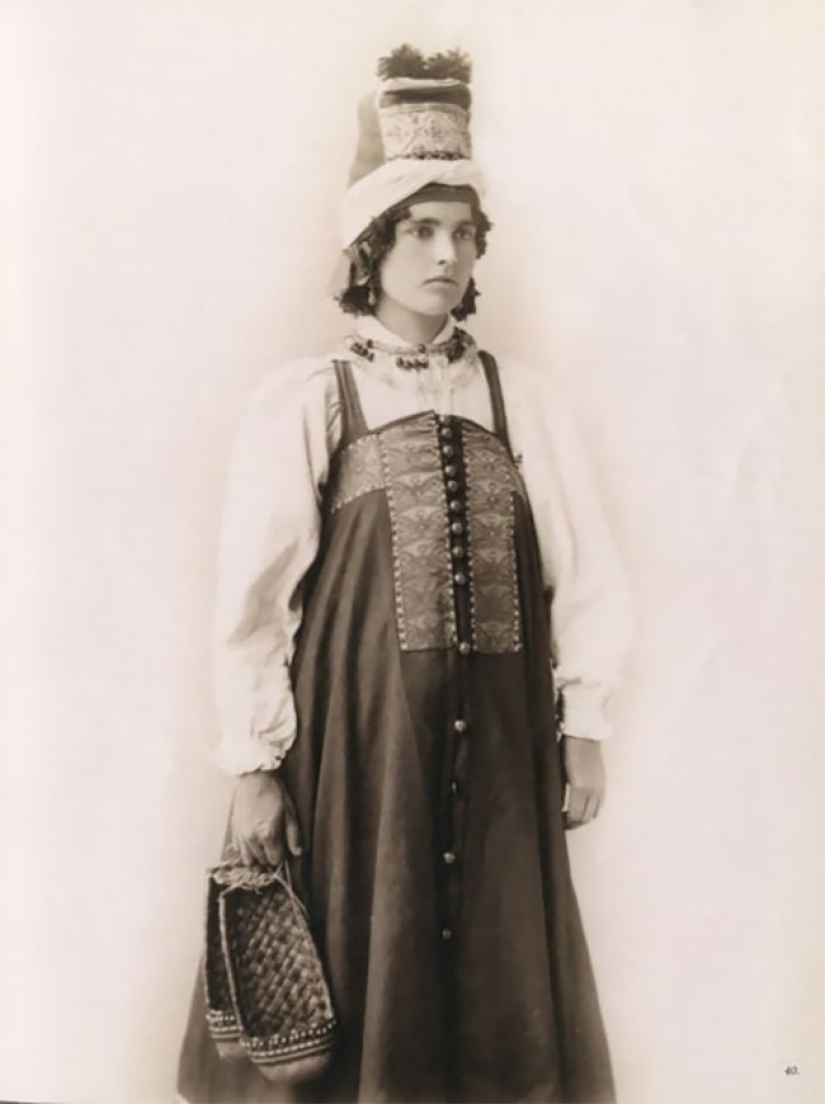
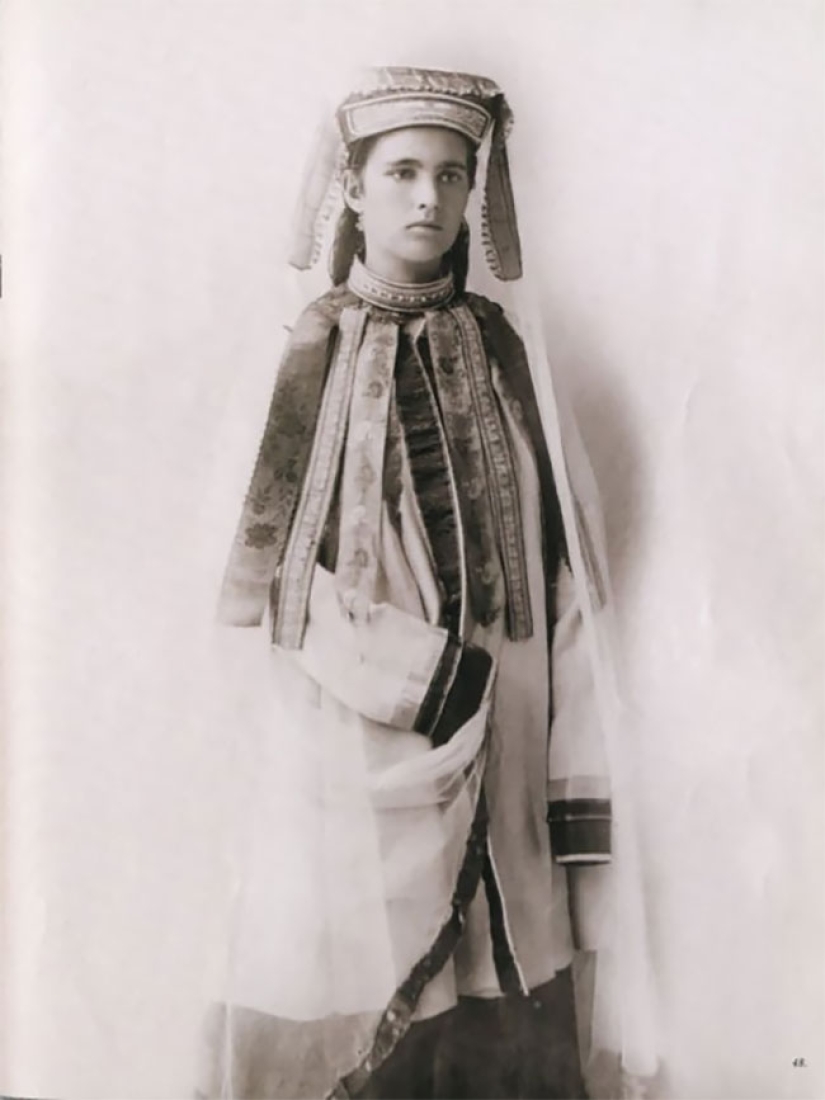
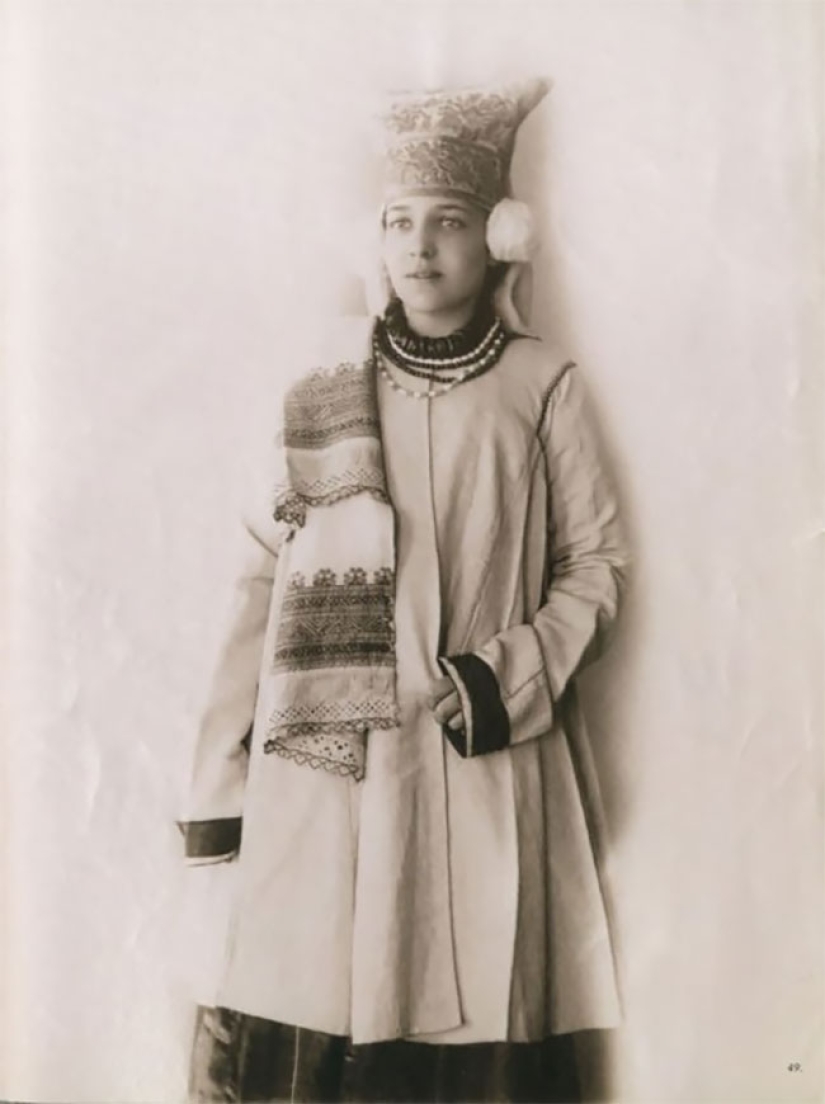
Keywords: Collection | Costumes | Clothes | Dresses | Russian empire
Post News ArticleRecent articles

It's high time to admit that this whole hipster idea has gone too far. The concept has become so popular that even restaurants have ...

There is a perception that people only use 10% of their brain potential. But the heroes of our review, apparently, found a way to ...
Related articles

These artists love cats, but also masterfully draw them, often complementing funny and life signatures. Meet! --> Russian ...

Someone thinks that perfectionism is a disease that should be treated. Someone, on the contrary, teaches others how to restore ...

What could be sweeter cats, dogs and other animals? That's right — nothing! Therefore, we have compiled for you the lovely, kind ...

New Year's is a time to surprise and delight loved ones not only with gifts but also with a unique presentation of the holiday ...